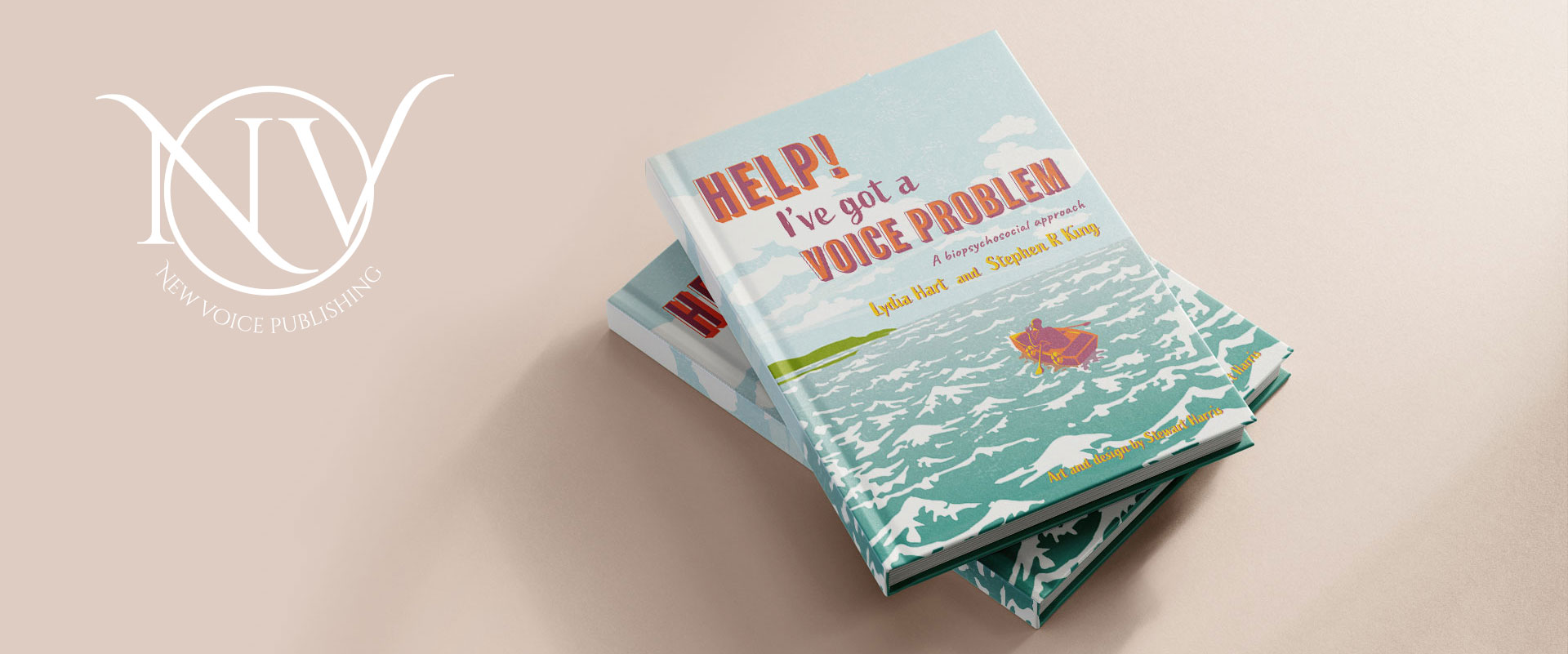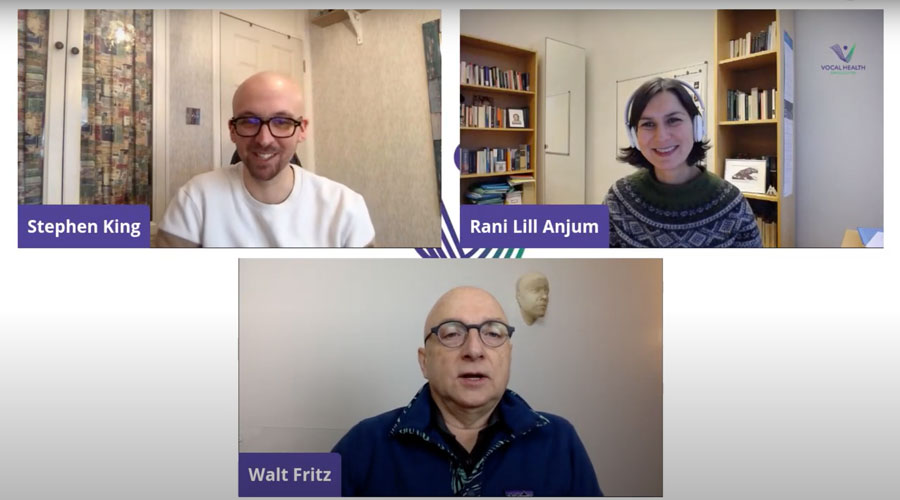VOICE CARE ADVICE
There are 5 things that we at the VOICE CARE CENTRE recommend that you can do that will cause you no harm, and have beneficial effects on your voice. These recommendations will help to provide a routine of voice care, whether you are struggling with your voice, or whether you feel your voice is in peak condition.
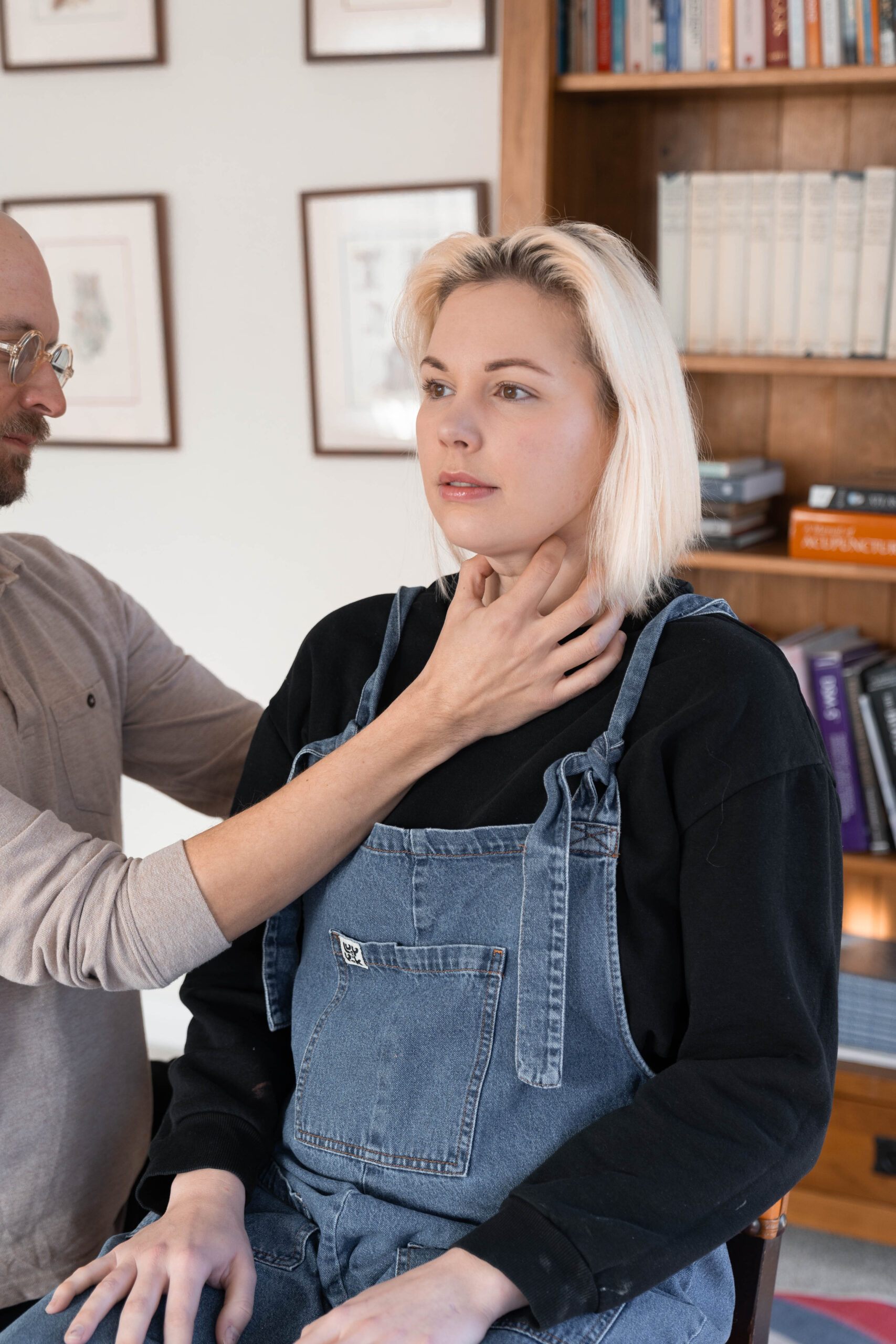
1. Rest your body and your mind
This is particularly important for the person who rushes to complete things, has what they might consider a hectic living/ family situation, or a heavy schedule.
Meditations and finding stillness or mindfulness in everyday actions
Walks in the open air (in nature or a green, leafy environment if possible is best for the Hippocampus)
2. Hydrate your body and your voice
Humans contain a lot of liquid, so staying hydrated can help with pain, muscle tightness, ease of movement, recovery from fatigue, strength and mental health.
Our nutritionist Duncan Rock says “ You should aim to drink around 1ml of liquid per calorie burned”.
3. Movement is Medicine, Motion is Lotion
Gentle puffy cheek, straw or lip trill exercises will help massage and stretch the inside walls of the throat (pharynx) and the vocal cords (sometimes called folds). You should aim to vocalise in both your low, speaking register and your upper, high register (M1 and M2).
Verdolini, a brilliant voice researcher, concluded that SOVT exercises (as listed above) for 5 minutes, 2-3 times a day will help reduce swelling or inflammation on the vocal folds. Our recommended straw is the SOVT straw: With a minimum of 12 variable resistance configurations, the SOVT Straw enables easy rebalancing of air pressure and realignment the vocal folds, whilst also encouraging efficient vocal fold vibration to help singers vocalise with ease, gain vocal power without straining, and recover tired and fatigued voices. (Use the discount code VCC20 for 20% off your order!)
Don’t only keep vocally fit, but keep physically fit, and moving too. Remember, your voice is in your body, not the other way around, and so getting your blood pumping and maintaining your physical fitness is incredibly beneficial to all of your bodily functions.
REGAINING VOCAL STAMINA: Thoughts from our Vocal Rehabilitation Coach, Dr Jenevora Williams.
⠀⠀⠀⠀⠀⠀⠀⠀⠀
What do we mean when we talk about lack of stamina? We use muscles that contribute to vocal production all day, everyday.
⠀⠀⠀⠀⠀⠀⠀⠀⠀
What we are talking about with stamina are the muscles that are used for the EXTREMES, like singing higher notes.
⠀⠀⠀⠀⠀⠀⠀⠀⠀
Those muscles need to be gently coaxed back into use. It doesn’t help to be frustrated, panicky or anxious. We need to be gentle and start slow.
⠀⠀⠀⠀⠀⠀⠀⠀⠀
Five minutes is enough to start! Do something else and come back to your practice. It doesn’t need to be huge and extreme to start.
⠀⠀⠀⠀⠀⠀⠀⠀⠀
Try some hums or buzzes in a low-medium pitch range and gradually (emphasising GRADUALLY here) increase.
⠀⠀⠀⠀⠀⠀⠀⠀⠀
Rome wasn’t built in a day and neither is your voice, so be calm and kind with yourself as you ease in and familiarise yourself with more extreme vocalisations.
⠀⠀⠀⠀⠀⠀⠀⠀⠀
PS Remember that practice doesn’t always need to be vocalising. Reading about the voice, CPD, and working your music theory skills all count towards beneficial practice.
Our American colleagues have established a very helpful list for when you are actually using medicine, to find out the side effects it may have on your voice.
4. Become a mindful voice user
Your voice is the organ of your soul, and you have a duty of care to yourself. You must feel empowered to say “no” or “this is the last time I can do it today” in order to best protect and maintain your instrument. Voice rest is important for healing and recovery, and we know that taking frequent mini-breaks is more helpful than less frequent but longer rest periods. Allow your vocal energy battery to recharge as often as you can during the day.
You should also consider whether eating, drinking or smoking habits best serve your voice in terms of reflux, allergies, burning and motor impedance.
5. Warm Up and Cool Down
Warming up for 2-5 minutes with gentle, low pressure exercises that work your entire range help engage, wake up and prepare the voice for use. It is important to warm up for the task/s ahead, considering genre and laryngeal configurations can be a key factor in vocal longevity.
Cooling down is often forgotten about, and it is as important (if not more important) than warming up. The aim of a vocal cool down is to reset your voice to a comfortable, easy speaking range, which can be achieved by gentle, low humming and soft creaking.
Understanding Your Voice: A Guide to Recovery and Care
Struggling with a Voice Problem?
If you’ve ever asked yourself:
✅ “What’s wrong with my voice?”
✅ “Why does my throat hurt?”
✅ “What should I be doing?”
You’re not alone. Our voices are a huge part of our identity, and when something goes wrong, it can feel frightening, affecting work, social life, and self-confidence.
Our book is your first point of call—clear, concise, and empowering—helping you understand why vocal dysfunction happens and what recovery might look like.
“A must-read for anyone experiencing vocal dysfunction.” — Chris Chung, Actor
This book will help you to understand why this can happen, and what recovery could look like.
A first point of call for anyone experiencing vocal dysfunction. Clear, concise and empowering.’ — Chris Chung, actor
Red Flags
Red Flags: When to Seek Medical Advice
If your hoarseness or voice loss lasts longer than 3 weeks, the NHS recommends booking an appointment with your GP. This is especially important if you are, or have been, a smoker.
For singers and voice users, changes in timbre or vocal ease could result from biopsychosocial factors rather than serious neurological or oncological concerns. However, it’s vital to rule out ‘red flag’ conditions early.
What If I Don’t Have Red Flags?
Your voice and health are deeply interconnected. You are not just a machine—we are all complex beings with biological, psychological, and social influences shaping our health.
At the Voice Care Centre, we take a patient-centred approach, focusing on optimising your well-being, not just fixing dysfunction.
🎥 Watch Our Video
In partnership with CauseHealth and Vocal Health Education, our founder, Stephen King, joins Dr. Rani Lill Anjum (Medical Philosopher) and Walt Fritz, PT (Manual Therapy Educator) to discuss complexity in healthcare.
In this video (in partnership with CauseHealth and Vocal Health Education) Stephen King talks with leading Manual Therapy education Walt Fritz, PT and Medical Philosopher Dr Rani Lill Anjum who has committed her life to exploring causation in medicine.
They explore Complexity in healthcare, and start to look at you as a fully rounded being rather than a set of symptoms and evidence base.
Some other considerations
Throat Pain: Understanding the Bigger Picture
Pain is not always linked to posture or a structural issue. Sometimes, the reason behind persistent throat discomfort isn’t immediately clear.
Our 90-minute seminar on pain science provides a framework for understanding voice-related pain after receiving an “all-clear” from an ENT.
Key Takeaways on Pain:
✔ Pain is subjective—what you feel matters, even if tests show no damage.
✔ Pain ≠ Nociception—not all pain comes from injury.
✔ Pain management is empowering—sometimes more so than “fixing” it.
✔ Pain is biopsychosocial—our experiences, environment, and past shape how we perceive it.
✔ Structural changes do not always correlate with pain.
👉 Want to learn more? Book an Initial Assessment
Understanding Chronic Conditions
A chronic condition is something that persists for more than 6-8 weeks, unlike an acute injury (e.g., stepping on Lego!).
Pain and dysfunction are not always caused by a single event. Social conditioning teaches us to view the body like a machine—but healing is often far more complex than simply “fixing” a broken part.
Example:
🔹 You bend down to tie your shoelace, and your back suddenly seizes up.
🔹 Was it the movement? Or was it a build-up of stress from a tough morning?
🔹 Chronic pain doesn’t always have a clear cause—but it can be treated effectively.
How We Work With Chronic Conditions
✔ Movement is medicine—staying active is often better than resting.
✔ We help you regain control—without fear of your condition.
✔ We focus on empowerment, not restriction.
Are You Ready for Treatment?
Ask yourself:
❓ Am I open to change and ready to explore my health holistically?
❓ Can I financially commit to treatment at this time?
❓ Do I feel that my body and mind are ready for this journey?
If you’re unsure, bring these concerns to your Initial Assessment—we’re here to help.
Book Your Consultation Today
The Ethics of Touch in Voice Therapy
Our researchers, Lydia Flock & Stephen R. King, have studied Acid Reflux & Consent in Vocal Massage.
🤔 Why is consent essential in vocal therapy?
📖 Read our full, published article on why deliberate pain should never be inflicted in treatment.
Posture and pain do not correlate, as posture’s history with prejudice is clearly defined.
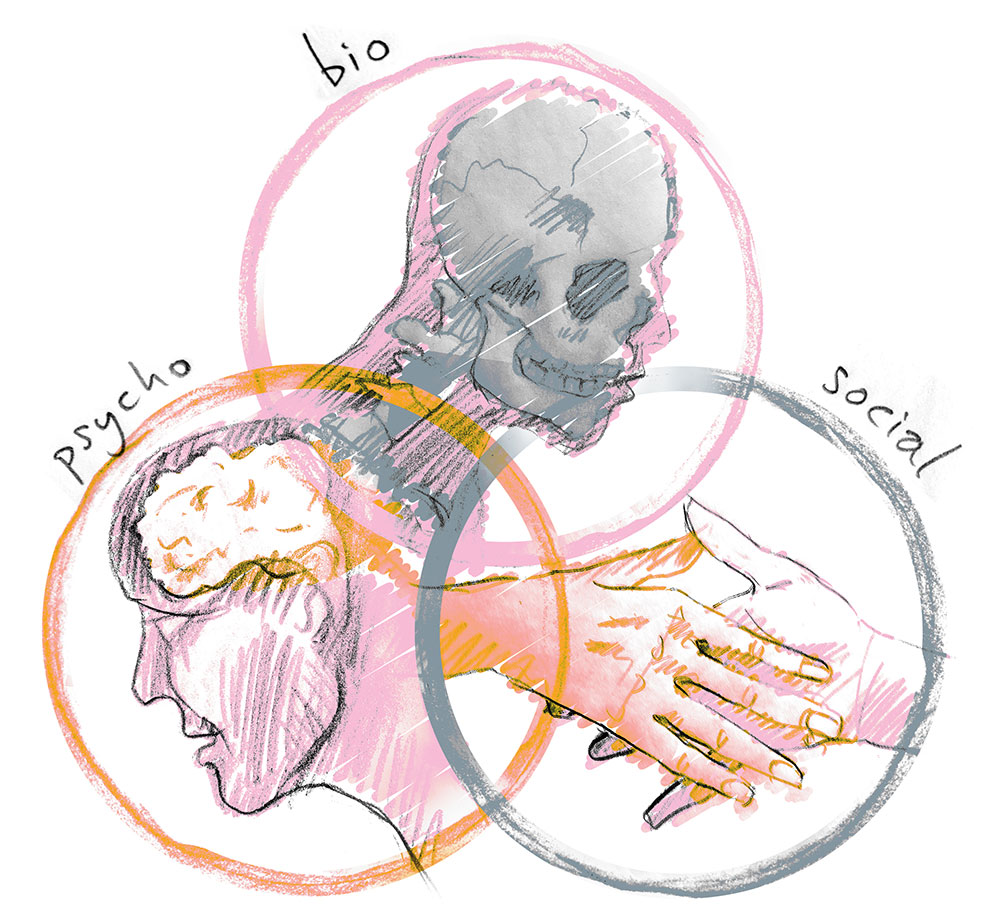
The Biopsychosocial Approach to Voice Care
Developed by George Engel in 1977, the Biopsychosocial Model helps us look beyond the biomedical viewpoint by integrating:
🔬 Bio – Physiology, pathology, and vocal mechanics.
🧠 Psycho – Stress, emotions, and coping mechanisms.
🏡 Social – Work, relationships, and environmental factors.
At the Voice Care Centre, we manage all three aspects to help you recover and thrive.
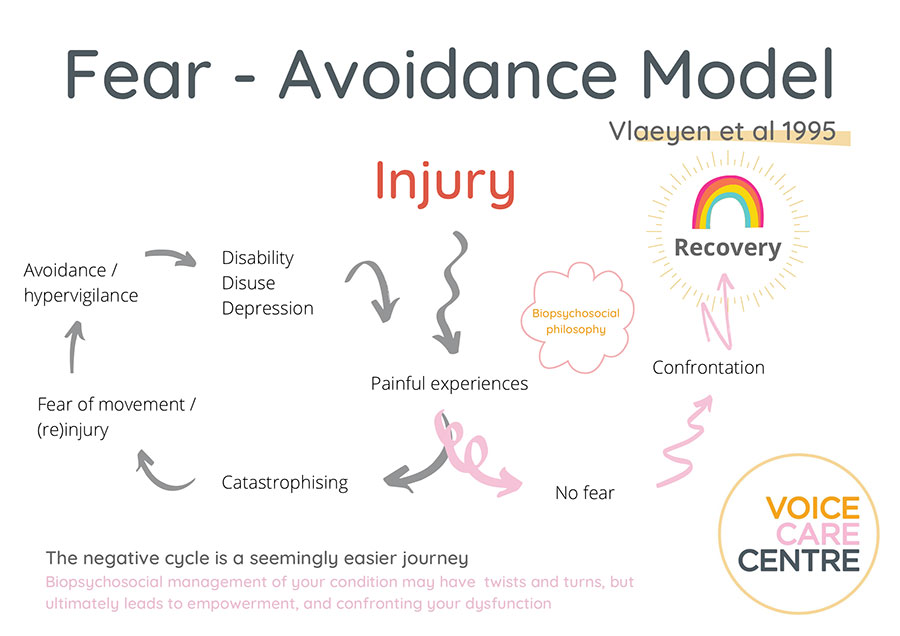
How do I know I’m ready to begin a treatment plan?
There are a few different considerations when undergoing a treatment plan.
- Am I ready to invest the time and be open to change the current organisation of my body, voice and mind?
- Can I financially commit to this right now?
- Do I believe my body ready for this journey?
If you feel like you can fully commit to going on this journey, then you are ready. If you are not quite sure what the answers are to the questions above, why not bring your concerns to your initial assessment?
Your Initial
Assessment
If you have never booked with us before then you may wish to book your Initial Assessment. In the initial assessment, you will be triaged among our brilliant team of holistic and medical voice practitioners who will tailor a plan to get you to where you want to be.

